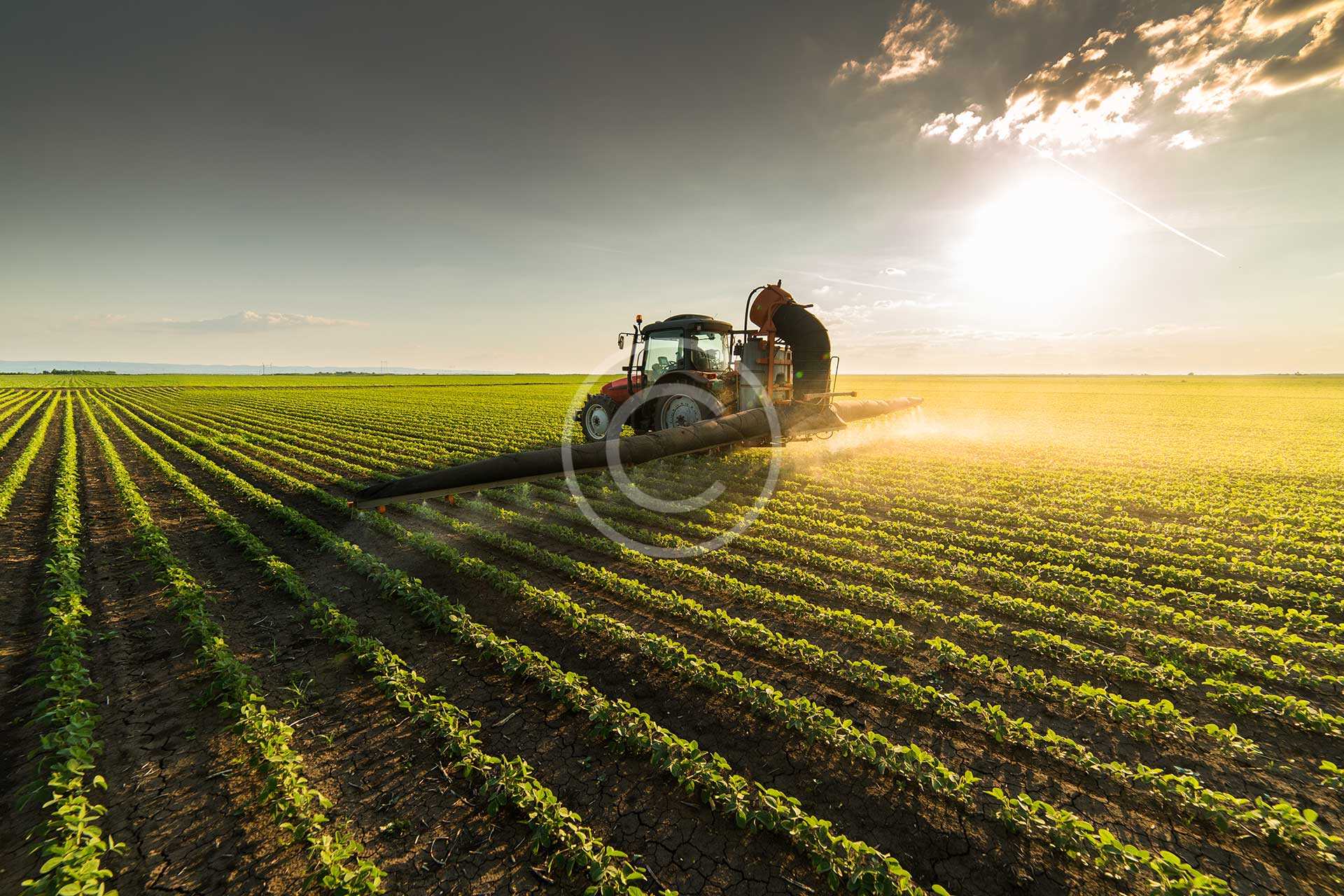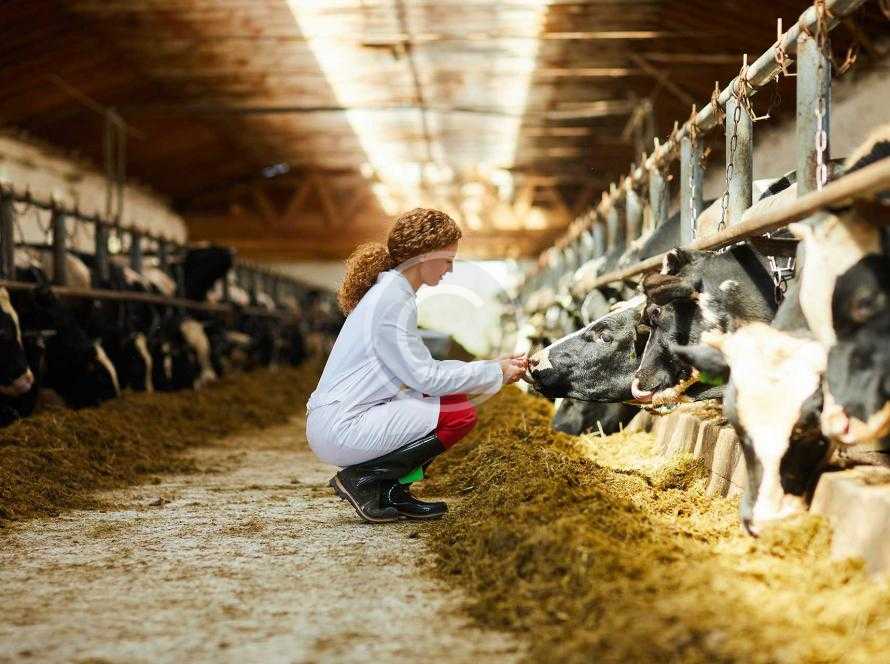Introduction:
Farming is a dynamic and intricate profession that requires a deep understanding of the land, crops, and the ever-changing conditions of agriculture. To navigate the challenges and optimize yields, farmers must be well-versed in certain fundamental field facts. In this article, we delve into four essential pieces of knowledge that every farmer should know for successful and sustainable farming practices.
Understanding Soil Health:
Soil is the foundation of agriculture, and its health directly influences crop productivity. Farmers should be familiar with key indicators of soil health, such as nutrient levels, pH, and organic matter content. Conducting regular soil tests can provide valuable insights, guiding farmers in making informed decisions about fertilizer application, irrigation, and crop selection. Healthy soil is the bedrock of a thriving farm, supporting robust plant growth and contributing to sustainable agricultural practices.
Weather Patterns and Climate Resilience:
Weather is a formidable factor that significantly impacts farming operations. Every farmer should have a keen understanding of local weather patterns and how they influence crop growth. Monitoring climate trends, anticipating extreme weather events, and adapting planting schedules accordingly are crucial for minimizing risks and maximizing yields. By incorporating climate-resilient practices, farmers can fortify their operations against the unpredictability of weather, ensuring a more secure and productive farming future.
Creative approach to every project
Crop Rotation Strategies:
Crop rotation is a time-honored practice that contributes to soil health, pest control, and overall farm productivity. Farmers should be well-versed in effective crop rotation strategies, understanding which crops complement each other and which ones help break pest and disease cycles. By diversifying crops, farmers not only optimize nutrient utilization but also mitigate the risk of soil-borne pathogens. This knowledge is foundational for sustainable farming practices that promote long-term soil fertility and resilience.
Water Management Techniques:
Efficient water management is crucial for sustainable agriculture, particularly in regions facing water scarcity. Farmers should be knowledgeable about various irrigation methods, including drip irrigation, sprinkler systems, and rainwater harvesting. Understanding the water needs of different crops and adapting irrigation practices to match those needs helps conserve water resources and optimize yields. Implementing water-efficient technologies and practices ensures that farms remain resilient in the face of changing climate conditions.
Conclusion:
Equipping oneself with essential field facts is paramount for the success of any farmer. By understanding soil health, staying informed about local weather patterns, implementing effective crop rotation strategies, and adopting water management techniques, farmers can navigate the complexities of agriculture with confidence and resilience. These field facts not only contribute to immediate success but also lay the foundation for sustainable farming practices that benefit both the farmer and the land. In the ever-evolving world of agriculture, knowledge is not just power – it’s the key to a thriving and resilient farming future.




